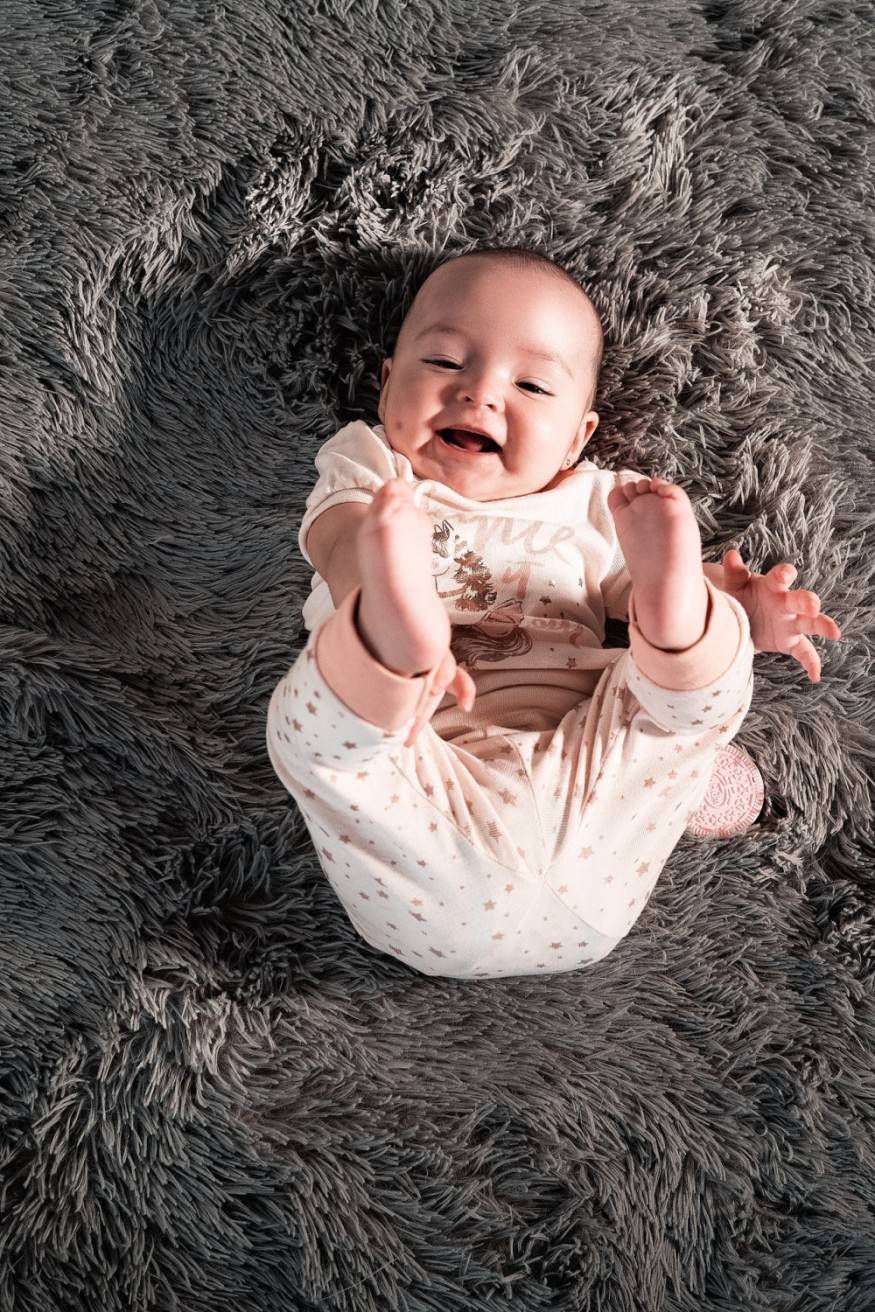Pregnant mothers, as worried and pressured as they already are during pregnancy, might have just unlocked a new way of finding out how to prevent their babies from growing up with allergies through their babies first poo!
It looks like their poo won't be such a waste after all.
Meconium, or a baby's first poo, is a fancier name for a newborn infant's first stool. It is a thick, green, tar-like substance that lines your baby's intestines during pregnancy.

It is believed that the very first stool to leave your newborn is bacteria-free due to their tiny intestines not yet colonized by microorganisms, therefore it is responsible for holding the starting material to develop the microbiome in our body and set up our immune system.
If the molecules making up the meconium is not balanced, it can encourage colonization of the good bacteria making babies more prone to developing allergies in the future such as asthma or eczema.
Metabolic diversity found on first poo explained
A longitudinal research project about child health called the CHILD Cohort Study analyzed 100 meconium samples from newborn babies and compared them to allergy test samples of one-year-old children.
The data showed reduced diversity of metabolic components on newborn infants mainly detected in the number of molecules known to feed the growing microbiome. This means that metabolic diversity is reduced in newborns that develop allergic sensitization.
Charisse Petersen, from The University of British Columbia in Canada who also studies the early microbiome, explained that the amino acids, vitamins, and plant compounds form the child's immune system should be balanced as it prepares the human body from colonization of microbes. The less exposure babies have to these microbes, the higher the chance of them acquiring life-long allergies.
A mother's role in improving a child's gut health
While the authors of the CHILD Cohort Study still need to undergo further research, they claim that their results can feasibly start using a child's first poo to predict their risk of developing allergies.
To make the study more diverse, a large quantity of data from expectant parents were collected, considering various factors like their exposure to antibiotics during pregnancy, a family history of allergies, child labor either vaginally or via C-section, and a history of maternal smoking, which was later found out could not explain the results.
From certain variables, researchers will determine the key metabolites that are missing and most helpful for supporting the infant microbiota and immune system.
Some even suggested the efficacy of poop transplants to rebalance the guts of babies born via Caesarean section.
Once Petersen and her team have done further efforts in gathering more data and precise results, they can confirm that by successfully identifying the metabolites in a newborn's meconium, they can provide supplements and encourage a healthier immune response for children.
In addition, it is important to educate mothers about the critical link between prenatal exposures and both microbiome and immune development to babies, and how these affect their gut health, which later on contributes to allergic sensitization.
Lastly, the awareness might motivate mothers more to observe proper diet and vitamin-intake during pregnancy.
© 2025 NatureWorldNews.com All rights reserved. Do not reproduce without permission.





